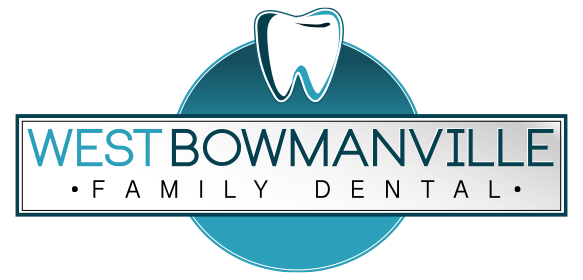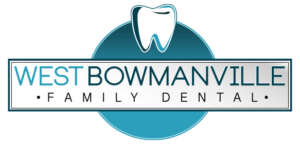Do you frequently wake up with an aching jaw or find that you clench your teeth when you are angry or nervous? It’s not unusual to clench your teeth occasionally. If it happens more often, you may have bruxism in Newcastle. People with bruxism will clench and grind their teeth frequently, and unfortunately, many are unaware they have this problem until it causes significant damage to their teeth, jaws, or both.
What Causes Bruxism?
It’s unclear exactly what causes bruxism, but it can be related to lifestyle factors, stress, or misaligned teeth. If you have a close family member with this condition, your risk of developing bruxism could be higher. Some medications can cause bruxism, as can lifestyle habits like drinking lots of caffeinated beverages, smoking or drinking heavily. Sleeping disorders like sleep apnea can also increase the risk of teeth grinding and clenching in Clarington.
What Are the Symptoms of Bruxism?
Signs of bruxism include increased tooth sensitivity because the habit wears down your tooth enamel, so when you eat or drink anything hot or cold or very sweet or sour, your teeth may twinge or ache painfully. Bruxism can cause teeth to wear down, so the biting edges become chipped or fragile, and teeth can start to look shorter than before.
Grinding and clenching your teeth can place considerable pressure on the jaw joints, called temporomandibular joints (TMJ) and can result in temporomandibular joint disorder or TMD. This painful condition can result in inflamed jaw joints, making it difficult to open and shut your mouth comfortably or to bite and chew without pain. When you open and close your mouth, your jaw joints may make a clicking or popping sound. Yet another sign of bruxism is waking up with a headache or developing tinnitus. The impact of bruxism can spread beyond your teeth, jaws and facial muscles, causing neck and shoulder pain.
What to Do If You Think You Have Bruxism?
If you visit West Bowmanville Family Dental regularly, we will check for signs of bruxism or jaw joint tenderness and inflammation. Otherwise, if you are concerned you might have this condition, make an appointment to see our dentist as soon as possible. An examination will soon determine if you have signs of teeth grinding and clenching, and we can also take dental x-rays to assess your jaw joints if needed. When necessary, we can provide a program of TMJ therapy and treatment for bruxism.
Treating Bruxism and TMD
Treating such problems can be complicated, and we may liaise with other professionals like physiotherapists, massage therapists, chiropractors, your GP and cranio-mandibular specialists. Treatment will aim to reduce jaw joint pain and other unpleasant symptoms so you can open and close your mouth free from discomfort. You may also need to take steps to reduce any stress or other factors that could increase the risk of TMD and bruxism, and some people find it useful to use moist heat and ice packs to relieve temporomandibular joint pain at home.
Often bruxism is treatable with a custom-made night splint that fits comfortably over your teeth, preventing your upper and lower teeth from making contact. If you try to clench and grind during the night, your teeth will grind harmlessly against the nightguard. If bruxism has damaged your teeth, we can discuss appropriate restorative care. This may involve adjusting your bite to help relieve any pressure on your jaw joints and mending teeth damaged by tooth grinding and clenching in Courtice.

